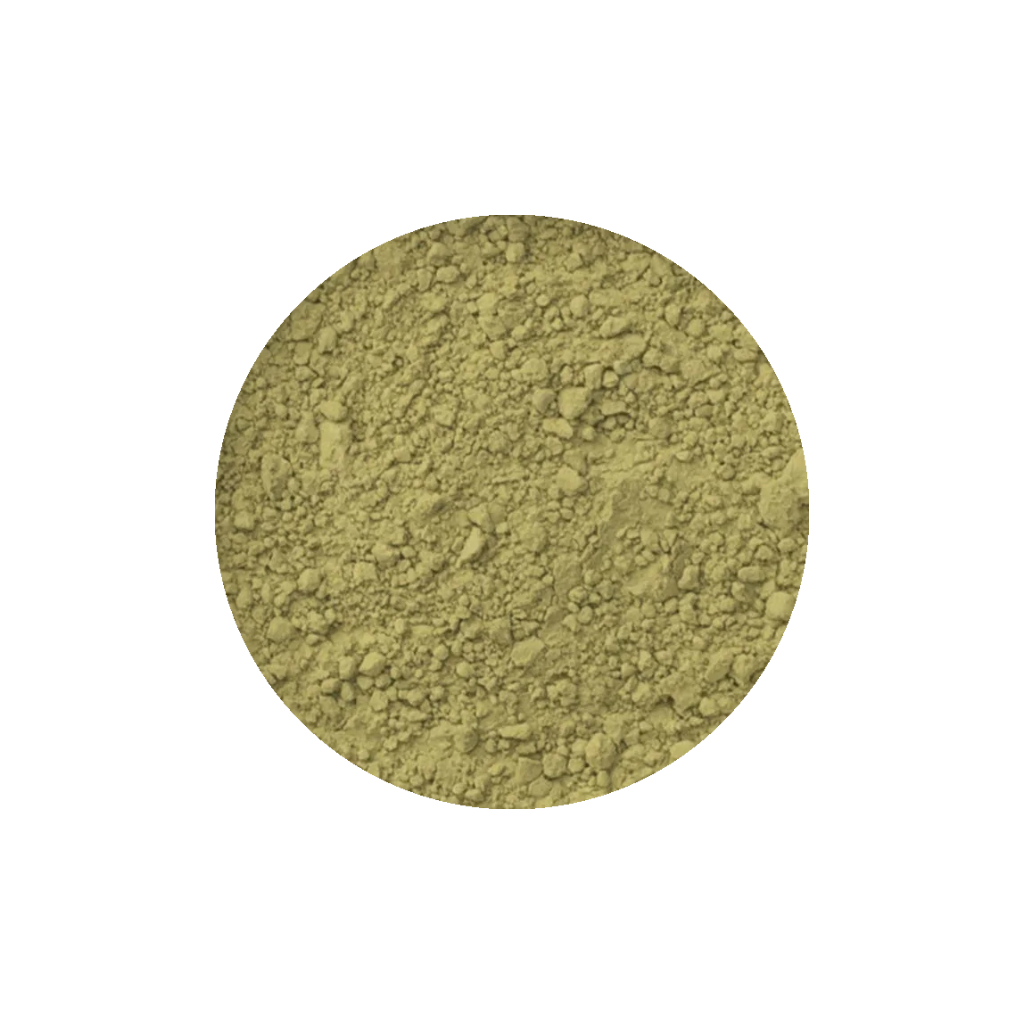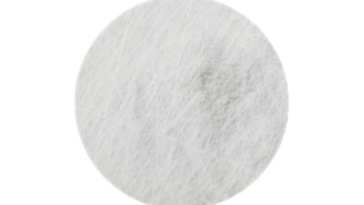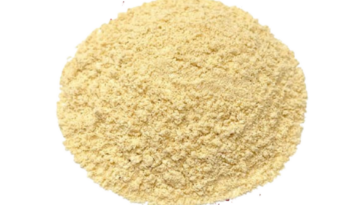L-Theanine, scientifically known as γ-glutamylethylamide, is an amino acid commonly found in tea leaves, particularly in green tea but also in black and oolong tea. It’s worth noting that while L-Theanine is an amino acid, it’s not commonly obtained from dietary protein sources but rather from these specific types of tea.
Beyond its effects on mood and cognition, L-Theanine has been studied for its potential health benefits. Some research suggests that it may have antioxidant properties, helping protect cells from damage caused by free radicals. Additionally, preliminary studies have explored its potential role in cardiovascular health and immune function, though more research is needed to confirm these effects.
Vitamins & Minerals:
L-Theanine is an amino acid commonly found in tea leaves, particularly green tea. While it doesn’t contain a comprehensive array of vitamins and minerals, it can still be associated with certain nutrients through its source or effects:
- Caffeine: Though not a vitamin or mineral, L-Theanine is often found alongside caffeine in tea leaves. It’s known for its calming effects, which can complement the stimulating effects of caffeine.
- Epigallocatechin gallate (EGCG): Again, not a vitamin or mineral, but EGCG is a catechin found in tea leaves, especially green tea. It’s often associated with various health benefits.
While L-Theanine itself doesn’t contain vitamins or minerals, it’s typically consumed through sources like tea, which can provide various micronutrients depending on the type and preparation of the tea.
Probiotic, Prebiotic, or Postbiotic:
L-Theanine is neither a probiotic, prebiotic, nor postbiotic. It’s actually an amino acid primarily found in tea leaves, especially green tea. L-Theanine is known for its calming effects and is sometimes used as a dietary supplement for stress reduction and improved cognitive function. While it doesn’t directly influence gut bacteria like probiotics, prebiotics, or postbiotics do, it may indirectly support overall well-being, including potential benefits for gut health due to its stress-reducing properties.
Dietary & Health Information:
L-Theanine is a fascinating compound with a range of potential health benefits, particularly in the realms of stress reduction, cognitive enhancement, mood regulation, and overall well-being. Whether consumed through tea or dietary supplements, it offers a natural and effective way to support mental and physical health.
- Relaxation and Stress Reduction: One of the key benefits of L-Theanine is its ability to promote relaxation without sedation. It achieves this by increasing alpha brain wave activity, which is associated with a state of wakeful relaxation. This effect is often described as calming without inducing drowsiness. Many people use L-Theanine to help manage stress and anxiety.
- Improved Focus and Attention: L-Theanine is known to have synergistic effects with caffeine, another compound found in tea. While caffeine can sometimes induce jitteriness and anxiety, the presence of L-Theanine helps to counteract these effects, leading to a smoother, more focused state of alertness. This combination is often cited for promoting enhanced cognitive performance and mental clarity.
- Mood Enhancement: Beyond its calming effects, L-Theanine has been reported to positively influence mood. Some studies suggest that it may increase levels of neurotransmitters like serotonin and dopamine, which are associated with feelings of happiness and well-being. Consequently, L-Theanine is sometimes used as a natural mood enhancer.
- Sleep Quality: While L-Theanine doesn’t typically induce drowsiness, it may have indirect benefits for sleep quality. By promoting relaxation and reducing stress, it can contribute to better sleep hygiene, helping individuals fall asleep more easily and experience deeper, more restful sleep.
- Synergistic Effects with Caffeine: L-Theanine is often praised for its synergistic relationship with caffeine, another compound found in tea. While caffeine is known for its stimulating effects, it can sometimes lead to jitters or anxiety, particularly in sensitive individuals. L-Theanine helps counteract these negative effects by promoting relaxation, thereby smoothing out the caffeine-induced stimulation. This combination is believed to contribute to the unique, focused alertness experienced by many tea drinkers.
- Neuroprotective Properties: Emerging research suggests that L-Theanine may have neuroprotective effects, meaning it could help protect brain cells from damage and degeneration. This has implications for various neurological conditions and cognitive decline associated with aging, though further research is needed to fully understand these effects.
- Antioxidant Activity: L-Theanine possesses antioxidant properties, which means it can help combat oxidative stress in the body. Oxidative stress is linked to various health issues, including inflammation, aging, and chronic diseases. By scavenging free radicals, L-Theanine contributes to overall health and well-being.
- Safety and Side Effects: L-Theanine is generally considered safe for most people when consumed in moderation. It’s well-tolerated and doesn’t typically cause significant side effects. However, individual responses may vary, and some people may experience mild symptoms like headache or gastrointestinal discomfort.




 No products in the cart.
No products in the cart.